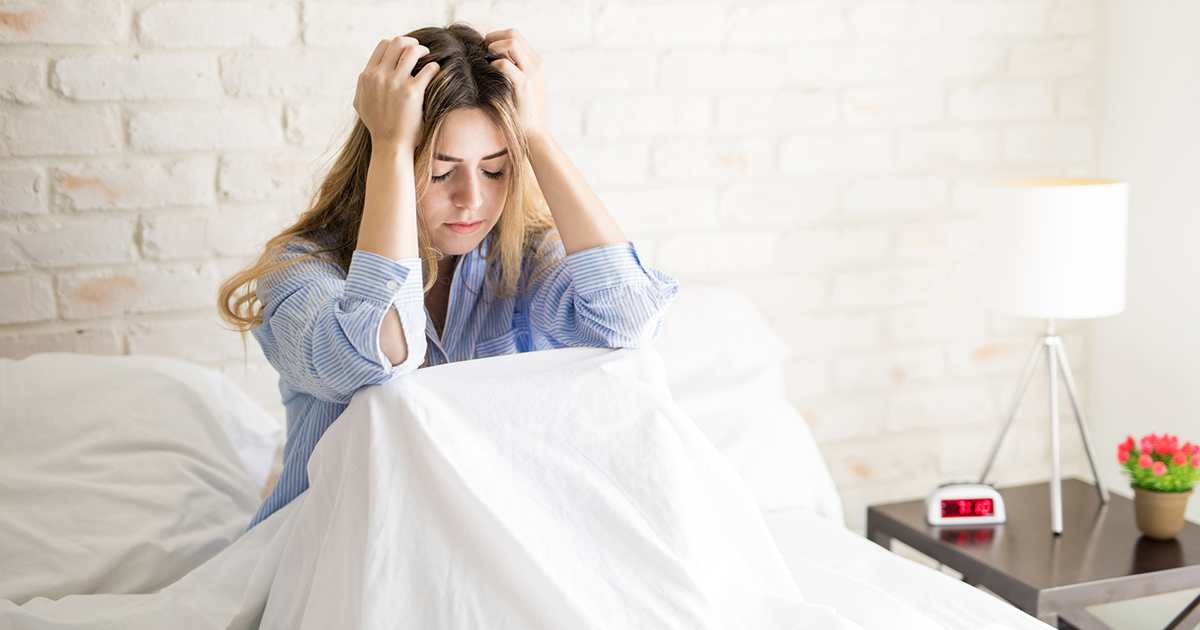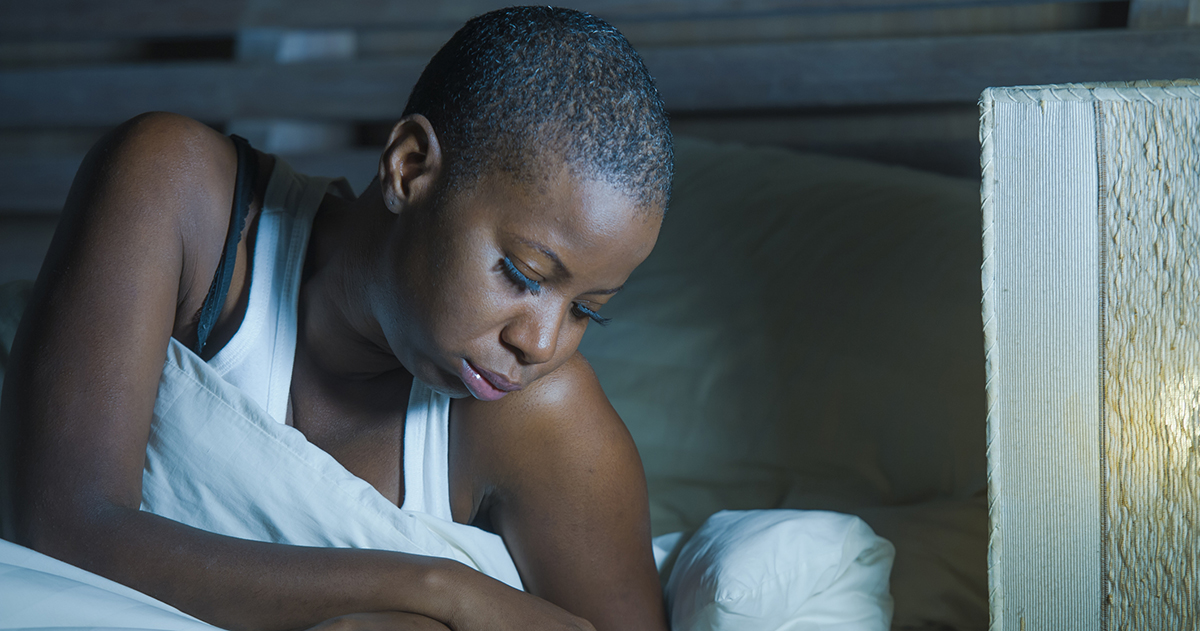Insomnia Causes To Be Aware Of
Depression And Anxiety

There also appears to be a decent correlation between poor sleep patterns and mood disorders such as anxiety and depression. According to studies, patients with frequent insomnia have a much higher risk of developing these often crippling mood disorders. Moreover, insomnia itself can also be a symptom of depression and anxiety, which leads to a worrisome cycle of the 'which came first?' variety.
Fortunately, there are many natural ways to deal with all of these disorders, with many of them overlapping. Massage, cranial-sacral therapy, acupuncture, and hypnosis can all help provide a stronger sense of overall well-being. Even something as simple as regular exercise three to four times a week can increase serotonin levels and promote a more restful sleep pattern. If these natural remedies aren't doing anything to improve your symptoms, seek the aid of a professional, as additional therapy and medication may be required.
Stress

There's no question feeling stressed can take its toll on sleep patterns. In addition to making falling asleep more difficult, these feelings can keep you from sleeping deeply, so you're prone to frequent waking. Worrying overtime can also lead to stressful dreams, which leave you feeling less rested than you would otherwise.
If you're feeling overly stressed, try to follow a relaxing routine before bedtime. Turn off the phone at least an hour before turning in, and keep away from the television for the same amount of time. Try writing down any of the problems or frustrations you encountered throughout the day, along with suggestions on how to avoid similar difficulties in the future. Take note of any sore or aching muscles and treat them with hot compresses or mild analgesics. You might also work stretching exercises into your evening routine for an endorphin boost before bed.
